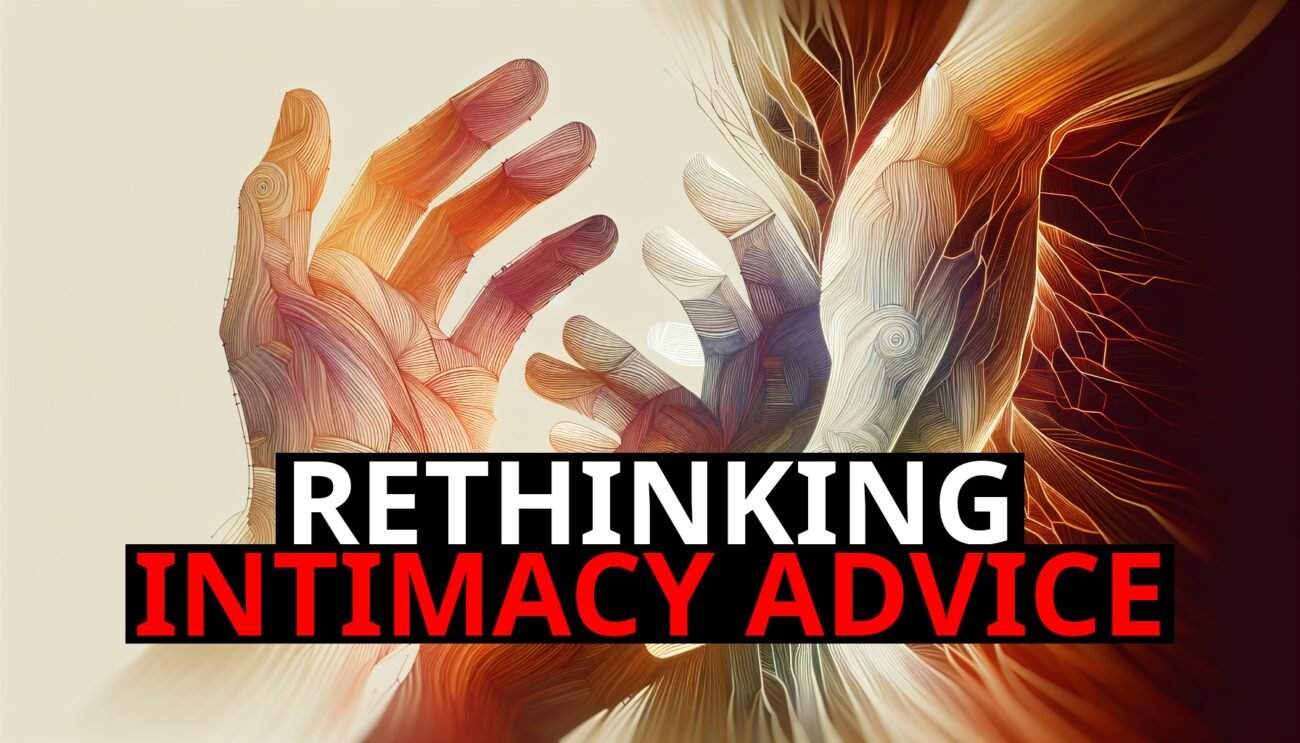Imagine a world where death is no longer inevitable, where the finality of life is replaced by the possibility of living forever in a digital form. Mind uploading—the process of transferring a person’s consciousness into a computer—promises just that: a world where death is optional and immortality is within reach. But as tantalizing as this idea may be, the widespread adoption of mind uploading could transform society in ways we are only beginning to imagine. From relationships to governance, how would a world without death change the very fabric of our lives?
The Transformation Of Relationships
In a world where people no longer die, relationships would undergo profound changes. Marriage, friendships, and family ties have always been shaped by the knowledge that life is finite. The promise of “till death do us part” would take on a whole new meaning if death is no longer a certainty.
1. Marriage and Long-Term Relationships
Would marriages still hold the same significance if partners could live together for centuries or even millennia? The prospect of eternal life might lead to new forms of relationships, where commitment is redefined, and the concept of lifelong partnership is reconsidered. People might opt for renewable or temporary marriage contracts, allowing them to experience different partners over the course of their extended lives.
2. Parenting and Family Dynamics
Parenting, too, would change dramatically. With the possibility of living indefinitely, people might choose to have children later in life or space out their families over centuries. The roles of parents, grandparents, and even great-grandparents could blur, leading to multi-generational households that span hundreds of years. This could create new family dynamics, where the experience and wisdom of the elderly are preserved and shared over generations, but also where the pressures and challenges of eternal parenting become a new reality.
3. Friendships and Social Bonds
Friendships could deepen or weaken over time, as people have the opportunity to maintain or outgrow relationships across centuries. The idea of lifelong friends might evolve into “eternal friends,” with shared experiences accumulating over hundreds of years. However, the challenge of maintaining these bonds over such long periods could also lead to new social structures, where people form and dissolve friendships more fluidly.
Redefining Work And Retirement
The concept of work would also undergo a radical transformation. In a world without death, the traditional career path—from education to retirement—would no longer apply. People might spend centuries mastering different skills, changing careers multiple times throughout their lives.
1. Lifelong Learning and Career Development
The pursuit of knowledge and skills would become a lifelong—or rather, eternal—endeavor. With no need to retire, individuals could continuously evolve in their careers, pursuing new fields of study or returning to school multiple times. This could lead to a highly educated and versatile workforce, but also to the challenge of staying motivated and finding purpose in an endless life.
2. The End of Retirement
Retirement, as we know it, would cease to exist. Without the natural endpoint of life, people would need to find new ways to transition from work to leisure. Some might choose to take long breaks between careers, while others might continue working indefinitely, driven by the desire to contribute or simply to avoid boredom.
3. Economic Implications
The economy itself would need to adapt to a population that never ages out of the workforce. Companies might need to create new roles for experienced workers, while younger generations could struggle to find opportunities in a job market dominated by seasoned professionals. The accumulation of wealth over centuries could also lead to new forms of inequality, where the gap between the rich and the poor widens as the wealthy continue to amass resources over endless lifetimes.
Governance And Power Structures
The political landscape would be profoundly affected by the advent of digital immortality. If leaders and influential figures could live forever, the balance of power could shift in ways that challenge the very foundations of democracy.
1. The Eternal Ruler
Imagine a world where politicians, CEOs, and other leaders never have to step down. The possibility of eternal leadership could lead to a concentration of power in the hands of a few, creating a new class of immortal rulers who dominate governance and decision-making for centuries. This could undermine democratic processes, as the natural turnover of leadership is replaced by the entrenchment of the same individuals in positions of power.
2. Political Stability vs. Stagnation
On one hand, eternal leadership could bring unprecedented stability to governance, with experienced leaders guiding nations and organizations for extended periods. On the other hand, it could lead to stagnation, where new ideas and fresh perspectives are stifled by the dominance of long-standing leaders. The challenge would be finding ways to balance continuity with innovation, ensuring that society continues to evolve rather than becoming trapped in a loop of eternal rule.
3. Legal and Ethical Implications
The legal system would need to adapt to the new reality of digital immortality. Laws would need to be rethought, particularly in areas like inheritance, property rights, and citizenship. Ethical questions would arise about the rights and responsibilities of digital beings, and whether they should be considered equal to their biological counterparts. The very definition of personhood might need to be reexamined in a world where the line between human and machine is blurred.
The Search For Meaning In An Endless Life
Perhaps the most profound change in a world without death would be the search for meaning. The knowledge that life is finite has always driven people to find purpose, whether through relationships, work, or personal growth. But in a world where life never ends, the quest for meaning could take on new dimensions.
1. The Challenge of Motivation
Without the pressure of time, people might struggle to stay motivated. The urgency to achieve, to create, or to make a difference might diminish if there is always more time. This could lead to a society where apathy and boredom become significant challenges, and where finding purpose requires new forms of engagement and fulfillment.
2. The Evolution of Religion and Spirituality
Religious and spiritual beliefs, often centered around the afterlife and the meaning of death, would need to adapt to a world where death is no longer a certainty. New forms of spirituality might emerge, focused on the infinite potential of the mind and the possibilities of digital existence. Traditional religions might reinterpret their teachings, or new belief systems could arise to address the unique challenges of eternal life.
3. The Endless Pursuit of Happiness
In a world without death, the pursuit of happiness could become both more accessible and more elusive. With infinite time, people could explore every possible source of joy and fulfillment, but the satisfaction of those experiences might diminish over time. The challenge would be to find new ways to experience and appreciate life, even when life itself no longer has an endpoint.
Conclusion: A World Transformed
A world without death, where mind uploading allows us to live indefinitely, would be a world unlike any we have ever known. The implications for relationships, work, governance, and the search for meaning would be profound, challenging us to rethink the very foundations of society.
As we contemplate the possibility of digital immortality, we must consider not only the technological and ethical challenges but also the societal transformations that could follow. A world without death might offer the promise of eternal life, but it would also require us to navigate a complex new reality—one where the rules of life, love, and power are rewritten for a future without an end.













